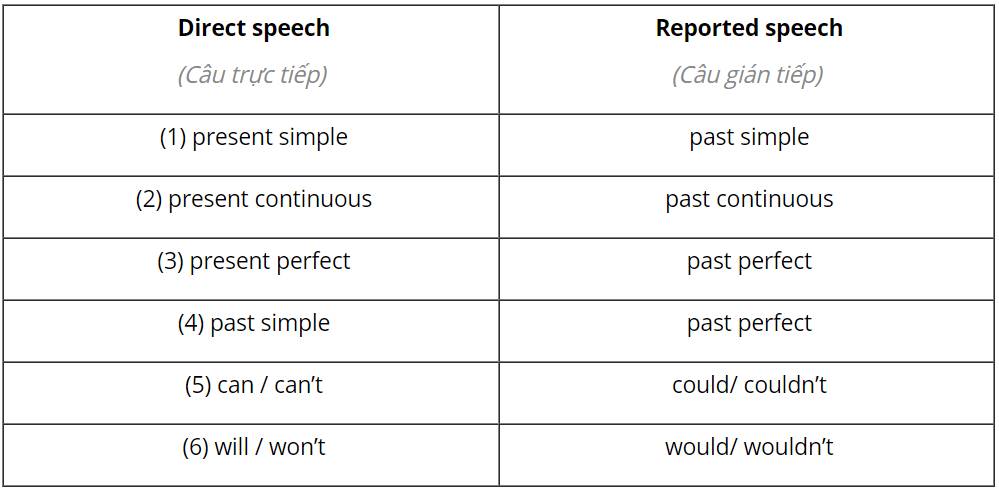3. Read the Learn this! box. Then study the highlighted superlative forms in the text and match them with the rules.
(Đọc hộp Learn this! Sau đó nghiên cứu các dạng so sánh nhất được tô nền trong bài khóa và nối chúng với các quy tắc.)
LEARN THIS! Superlative adjectives
a. We add -est to short adjectives. (Chúng ta thêm -est vào các tính từ ngắn.)
rich – richer – richest slow -slower -slowest
b. Sometimes the spelling changes. (Đôi khi cách viết có thể thay đổi.)
foggy- foggier – the foggiest hot - hotter - the hottest
c. We put the most before long adjectives. (Chúng ta thêm most vào trước các tính từ dài.)
dangerous - more dangerous - the most dangerous
d. There are a few irregular comparative forms. (Cũng có một vài dạng so sánh bất quy tắc.)
good - better- the best bad - worse - the worst for- further - the furthest
e. We can use of after superlative adjectives. (Chúng ta có thể dùng of sau dạng so sánh nhất.)
the sunniest day of the week
f. We use in (not of) with nouns for groups or places. (Ta dùng in (không phải of) cho các danh từ dùng cho nhóm hoặc nơi chốn.)
the tallest boy in the class the biggest lake in the world






a. the toughest
b. the biggest
c. the most powerful; the most difficult
d. the worst
e. one of the biggest tsunamis
f. the most powerful (earthquake ever) in Japan; the (fifth) most powerful in the world
a: the toughest
b: the biggest
c: the most powerful, the most difficult
d: the worst
e: one of the biggest tsunamis
f:. the most powerful (earthquake ever) in Japan; the (fifth) most powerful in the world